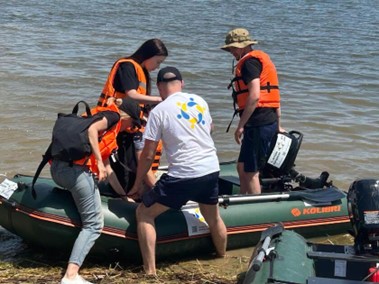
Johanniter delivers relief supplies following the destruction of the Kakhovka dam
Relief supplies worth 200,000 Euros were procured for people in the trapped villages north of Kherson.
JOIN members provide emergency aid to Ukraine
In view of the escalating situation in Ukraine, JOIN members provide humanitarian aid and immediate emergency relief to Ukraine and coordinate support to the refugees in the neighbouring countries.
The distribution of relief goods in Ukraine by Johanniter Germany started on 27th February 2022. Together with the German-Ukrainian Forum, Johanniter distributed food and hygiene items to 2,600 families in Poltava, a city in central Ukraine, where many refugees from the Donbas region arrived. From 2nd March on, Johanniter organised transports of food, hygiene items and urgently needed medical supplies via Poland to Ukraine.
On 5th March 2022, a semi-trailer truck by Johanniter Germany with 20 tons of food, hygiene items and medicines arrived in Luzk and Chitomir, where it was handed over directly to local agencies to supply people. Further medical supplies are being transported to Ukraine.
As of 5th May, Johanniter Germany organised 58 aid transports, thanks to the engagement of its regional and local associations across the country. Over 700 tons of relief supplies (medicines, medical supplies, hygiene articles and food) were sent to Ukraine and reached refugees in Romania, Hungary and Moldova in cooperation with other aid organisations and private companies.
JUH_Karte_Hilfsmassnahmen_Ukraine_220419ENGMany of our members are working with hospitals and doctors in Ukraine to facilitate the demand for medical supplies and strengthen their links to other aid organisations like Malteser International while coordinating through the JOIN network.
On 7th March 2022, our Latvian member, Svētā Jāņa Palīdzība, sent 24 pallets of medicines and medical goods to a military hospital in Kharkiv, which had requested support. The following transport delivered specifically requested medicines and medical supplies (disposable gloves, nappies, bandaging material, etc.) to the Kharkiv Children’s Hospital. The transport action was made possible thanks to donations from our French member (Association des Œuvres de Saint-Jean), and our Italian member (Soccorso dell`Ordine di San Giovanni).
St John Ambulance sent 12,000 tourniquets to Ukraine on 4th March along with 15 pallets of additional essential medical supplies, which were primarily distributed to hospitals in Kharkiv. Ambulances with pain relief medication were despatched in the first weeks of April.
Our Italian member sent an ambulance vehicle fully equipped with a lung fan, backpack, sanitary supplies and masks to the Moldovan-Ukrainian border at the beginning of May. Additionally, S.O.G.IT delivered a truck with essential goods and relief supplies (medicines of a value over EUR 2000, medical supplies, hygiene articles and food as well as items for babies (nappies, food and clothes) to the Republic of Moldova.
Our Polish member engages in collection actions for medical material and other essential relief goods to be transported to Ukraine.
In December, our Polish members delivered almost 15 tons of necessary supplies such as food, hygiene products, bandages, medicines, thermal clothing and sleeping bags, lights, batteries, flashlights, travel stoves and a power generator to the Kharkiv area, with the help of partners from Czech Republic.
On 20th December, our Hungarian members handed over 4 urgently needed ambulance cars to the Ukrainian administration through the Transcarpathian Reformed Church, with the help of Johanniter Austria.
Since February, Johannita Segítő Szolgálat has been engaged in high-volume transports of goods and equipment involving members of our network. In August, our Hungarian member delivered several loads of medical equipment and supplies, hospital beds and blankets, as well as over 500 kg of food from Budapest and Dunakeszi to Transcarpathia. The supplies were donated by our Austrian, German and Swiss members and transported by volunteers of our Hungarian member upon the request of the Reformed Church Community in Transcarpathia, which carried out the local distribution.
Since February, Johannita Segítő Szolgálat has been engaged in high-volume transports of goods and equipment involving members of our network. In August, our Hungarian member delivered several loads of medical equipment and supplies, hospital beds and blankets, as well as over 500 kg of food from Budapest and Dunakeszi to Transcarpathia. The supplies were donated by our Austrian, German and Swiss members and transported by volunteers of our Hungarian member upon the request of the Reformed Church Community in Transcarpathia, which carried out the local distribution.
Six emergency workers from all over Germany set out on Sunday 8th January 2023 to bring an ambulance and two personnel carriers vans to the Polish-Ukrainian border, because they are urgently needed in Ukraine. The ambulance will be used for rescue missions in the city of Korjukiwka, northeast of Kiev. One of the vans will go to the youth center in the city. The second van will go to a local partner organisation, with provides internally displaced people with food and hygiene items.
“We were very happy to be able to help, and the gratitude of the Ukrainian helpers who received the vehicles was great”, said Johanniter emergency responder Tobias. As a thank you, there were warm hugs and small gifts for our helpers.
Another ambulance was brought to Lutsk, in the northwest of Ukraine. With this ambulance, Johanniter supports the local maternity hospital there. In addition to the ambulance, they also provided medicines to the doctors and midwives. The ambulance is now used as a free mobile gynaecological clinic staffed by two doctors and two nurses. Twice a week, it is on the road and available to all women in the community giving more women access to important screenings, like breast cancer screening, and reaching women and babies who are in acute emergencies.
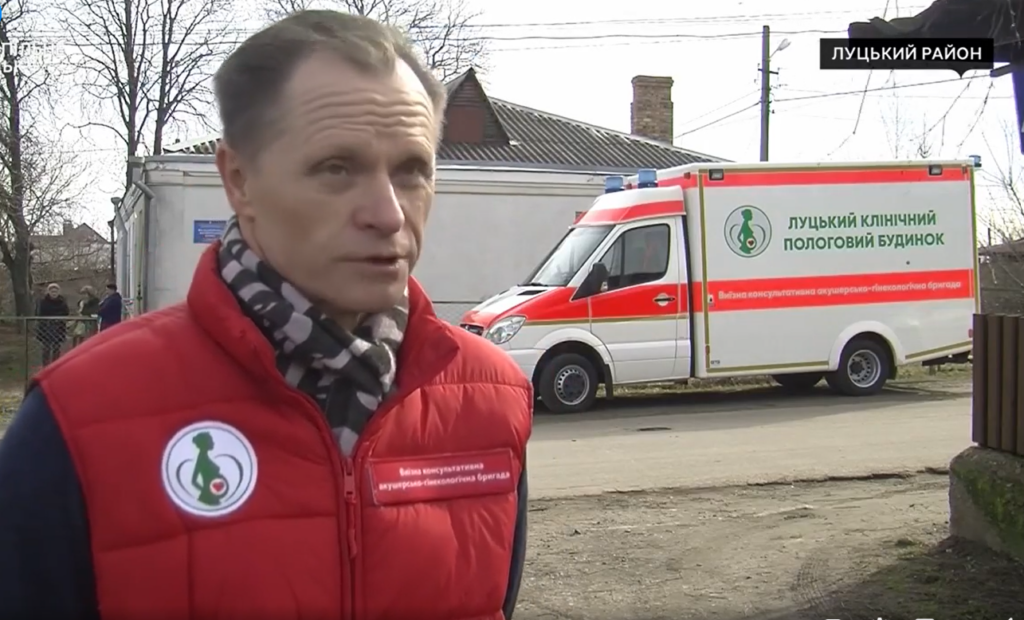
In June 2023, the situation for the people who have already been enduring the turmoil of war for 16 months has been dramatically exacerbated by the explosion of the Kakhovka dam. Tens of thousands of people depend on help with everyday relief supplies for a very long time,” warns Olena Tanasiіchuk of the Johanniter partner organisation Eleos-Ukraine. The people have lost everything and cannot even cook a warm meal.
Together with their partner organisations, Johanniter is helping thousands of survivors in Kherson and Mykolaev with camp beds, food, hygiene items, clothes and dishes. Shovels, household cleaners and anti-mould agents are helping to clean the houses of mud, sand and other debris. Volunteers go from house to house pumping the remaining dirty water out of the cellars and living spaces.
The biggest problem is the supply of clean water. Johanniter partners have already distributed more than one million litres of drinking water in July. Water filters also help to make polluted water usable again for washing and cooking.
But the need remains because the areas affected by the flood and water shortage were the granary of Ukraine. “As the war continues and people’s infrastructure and livelihoods are further destroyed, we need staying power – including financial – for Ukraine,” says Susanne Wesemann, Director of Johanniter International Assistance.
On October 28 2022, ten volunteers of our Swedish member completed a volunteer operation at Mission Siret in the Romanian border town of Siret. This included delivering an ambulance with medical equipment to a hospital in southern Ukraine and transporting supplies to vulnerable people. Over 14 tonnes of food, hygiene items, and medical supplies were sent to various locations in Ukraine, supported by ten Swedish volunteers. Future volunteer missions and supply deliveries are planned, considering further donations to support those affected by the ongoing crisis in Ukraine. This effort is part of Johanniterhjälpen’s broader support for Ukraine, funded by SEK 400,000 in donations.
On 1st March 2023, a relief operation by our Austrian, Hungarian and Swiss members started with a truck loaded with relief goods and mattresses heading from Switzerland to Hungary. In Vienna, the truck picked up ten more pallets with blankets, protective clothing, food and masks. At the border, the goods were partly transported to Ukraine by local partner organisations in smaller vehicles. The other part was handed over to our Hungarian member Johannita Segitö Szolgálat to provide for arriving refugees. Johanniter Germany and the Munich Airport Association arranged the transport of disinfectants, masks and blankets to Johanniter Hungary on 3rd March.
On 2nd March, Johanniter and other organisations delivered five trucks with relief goods such as hygiene items, camp beds, food, clothing and medical supplies to Przemyśl. At the same time, two Johanniter volunteers set out for Piaseczno on behalf of the city of Hanau with a minibus full of food to deliver supplies and pick up, among others, a 12-year-old boy travelling alone and bring him to his Ukrainian mother in Hanau.
The volunteers of St John Malta provided logistical support for a community initiative collecting relief supplies. On Monday, 7th March, an Airbus A340 aircraft flew the emergency supplies received to Warsaw, where the supplies were distributed to refugees.
On 4 April, Johanniter Austria sent a truck with 30 pallets of relief goods to Poland. At the request of the Polish sister organisation Joannici Lidzbark Warmiński, food, clothing, bedding, hygiene products such as nappies and soap as well as medical supplies such as resuscitation bags and gauze bandages were provided with the help of donations. The goods are urgently needed on site to provide for the incoming refugees. Some of the goods were also transported into Ukraine.
On 2nd April 2022, three vans started from Luxembourg to bring relief supplies to Palanka (Moldova). The cooperation involved the Johanniterorden’s Sub-Commandery Saar/Mosel, different regional and local associations of Johanniter Germany as well as Johannita in Hungary.
Johanniter Austria sent a truckload of pallets with food, hygiene products and bandages to Poland in early April. Our Polish member, Joannici Lidzbark Warmiński, distributed the material to refugees in the country.
Additionally, many JOIN members issued appeals for financial donations and donated to support each other’s activities for Ukrainians.
Together with the city of Vienna and partnering aid organisations, Johanniter Austria set up an arrival centre in a sports facility. People who have fled the war in Ukraine receive medical and psychosocial care on site.
On 5th March, our Austrian member took over and opened a refugee accommodation at the Hotel Senator in Hernals. The hotel was fully booked the following days, with 241 arrivals accommodated.
As of 27th March, 50 shelters with capacities for over 10,000 refugees were created in warehouses, fairgrounds and sports facilities. 35 of these facilities will be operated permanently by Johanniter. With the continuing high numbers of COVID-19 infections, Johanniter is committed to offering adequate vaccination and testing services to as many arrivals as possible.
The loss of guaranteed medical care is particularly dangerous for seriously ill patients like those in the oncology sector. 63 sick children and their families from Ukraine have been accompanied and brought into special clinics in Germany.
In Germany, refugees quickly need their own appropriate housing, support in coping with everyday life, language courses, and psychological services for dealing with traumatic experiences.
In more than 50 nationwide projects, Johanniter, financed by its own donations and funds from the RTL Foundation and Aktion Deutschland Hilft, is trying to provide needs-based support. A total of 5.8 million EUR will fund these offerings until mid-2023.
For example, Johanniter in Schneeberg (Saxony) not only operates an initial reception facility for refugees but also offers counselling, support, and language mediation at a permanent counselling centre. In addition, an outreach service provides support in the new places of residence. In this way, individual attention can be paid to the refugees.
In Munich, housing offers are created with simultaneous socio-pedagogical support. In Nuremberg, psychosocial support is provided in the form of counselling and meeting opportunities, and the refugees are empowered through craft training and joint leisure activities.
Johannita Segitö Szolgálat has transformed its facilities to accommodate refugees in Terény and in Mórahalom. With the help of Johanniter Austria, Germany and Switzerland, our Hungarian member brought goods and medical supplies to refugees in Hungary. Furthermore, Johannita is helping municipalities nearby the border with the organisation of relief goods.
Since the beginning of the war, more than 750.000 refugees from Ukraine have entered Hungary until end of May. About 600.000 persons after receiving help at the border or at the railroad station have continued their journey to Western Europe or Poland. The others stayed in Hungary with their relatives or acquaintances or in various transitional shelters.
Still others have fled from Eastern and Central Ukraine to Carpathian Ukraine, but have not crossed the state border. They try to wait there until the last moment. They are spreading in the towns and villages of Carpathia-Ukraine, which itself already has supply problems. All groups need different forms of help.
In the last weeks of May, the daily number of those who have arrived was over 10,000 people. The Hungarian Commandery of the Johanniterorden on the borders of Ukraine, also participates in this work with Johanniter Hungary in cooperation with -among others- the Malteser Relief Organization registered in Ukraine/Beregove, as well as with the Diaconia of the Reformed Church in Ukraine. In the end of May, they delivered more than 60 trucks of relief supplies to people in need.
With the local and international – financial and material – help of the Johanniter network, Johanniter Hungary and the Hungarian Commandery of the Johanniterorde was able to quickly deliver goods needed for daily life.
The transport capacities to Ukraine are very limited, and their small truck and minibuses turned around 2-3 times a day at the border transporting not only own purchased goods, but also donations from other organisations and private groups.
In Budapest, the internationally known Pető Institute has offered 5 rooms, for a three-week cycle of care and treatment of children from Ukraine with significant special needs (physically and psychologically). The Hungarian Commandery of the Johanniterorden refurbished the empty rooms for 10 people (children with mother) and provided refrigerators, washing machines, microwaves, dishes, cutlery and paid for food. They also took care of the transport of the children and parents.
In September, Johannita Hungary collected durable food, 600 kg of flour and cooking oil and aided in the collection of sweets and hygiene products for the people of Transcarpathia.
In June 2022, a three-month project by Johanniter Germany and its Ukrainian partner ELEOS has started. Operating in 13 regions and cities of Ukraine, the organisations support mothers with children who are on the run, ensuring that they receive meals and hygiene articles, among other things.
To assess on the ground what assistance is needed beyond the ongoing emergency relief efforts, Johanniter Germany sent an assessment team to the Republic of Moldavia on 8th March. Moldova has already seen 70,000 refugees arrive. For a country with a population of 1.5 million, that’s a significant number, and the fear of war in their own country is great. At the same time, a second Johanniter team travelled to Poland to plan further aid for Ukrainians together with the United Nations coordination offices.
Since April 1st 2022, Johanniter Germany cares for refugees from Ukraine through its cooperation with the local relief organisation Eco-Razeni. “Through our social catering company Floare de Cires, we can now prepare hot meals for 250 refugees every day,” explains Sergiu Gurau, head of the organisation. The daily food rations usually consist of potatoes or porridge with meat and fish as well as salad.
Noteworthy: The meals are prepared mainly by young people with disabilities. “Our approach has been for many years to support these young people in their integration and vocational training. Catering is an option in this,” says Gurau. Since the outbreak of war, the young people are now donning their aprons to cook for refugees alongside the elderly and disadvantaged.
The project is implemented over three months for up to 2,000 refugees in the capital Chişinău and the rural district of Ialoveni.
Psychosocial support
Many people from Ukraine arrive in Moldova traumatised by memories of war. The organisation CASMED supports them in coming to terms with their feelings and experiences. A four-member mobile team from CASMED is developing a tailored psychosocial education programme for this purpose, which reaches around 360 refugees in various localities in the north of the Republic of Moldova. They organise themselves into small groups and receive professional support and counselling in four thematic sessions. In addition, the team also offers individual psychological counselling. CASMED passes on its experience to educators and social workers who deal with refugees and provide psychosocial support.
Expansion of shelters
For years, Moldovan villages in particular have experienced a continuing population decline, as young people leave the poor country in search of work. The organisation EcoVisio promotes sustainable economic and social development in structurally weak regions in order to create better prospects. In the current context of the war, Ukrainian families are to receive these: In six communities around the capital Chişinău, EcoVisio supports host families in taking in refugees. A school and a training centre are also being prepared so that they can serve as community shelters. Johanniter is subsidising the necessary repairs, energy costs and meals for an initial 200 refugees.
Johanniter International has provided the Ukrainian and Russian translations of the European First Aid Guidelines. They convey the principles of first aid in clearly outlined simple skills aiming to be performed in a stressful situation by those with no medical training. The documents are freely available on www.firstaidjoin.org
St John Ambulance provides first aid guidance and support to people in Ukraine with translated online resources. The first aid cards with demonstrations in Ukrainian, Russian and English include so far: Amputation, Burns, Eye injuries, Gunshot wounds, Hypothermia, Penetrating wound, Recovery position and Tourniquet. Our English member also translated care modules into Polish. In addition to that, an advanced social media campaign is being set up to enable easy and quick sharing of the created training resources.
Education for children
Around 30 % of Ukraine’s territory is contaminated with mines and unexploded ordnance. Especially the formerly occupied and liberated areas in eastern and southern Ukraine are among the most mine-contaminated regions in the world. On average, three people have been killed or injured by them every day in recent months. This is a particular danger for children and makes education essential.
Since June 2023, Johanniter and its partner NEW DAWN train children about how to behave in contact with mines and unexploded ordnance. Children’s festivals are organised four times a month, where around 250 children learn about mines and how to deal with them, as well as having fun and games. In total, up to 12,000 children are to be trained in the coming months.
“One of our volunteers was specially trained by the Mykolaiv fire brigade to be able to conduct these training sessions,” says Philipp Franke, project coordinator at NEW DAWN.

Relief supplies worth 200,000 Euros were procured for people in the trapped villages north of Kherson.
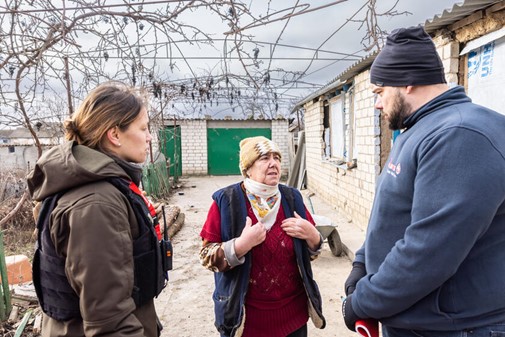
Following the breach of the dam in Kakhovka, in south-eastern Ukraine, Johanniter International Assistance fears a significant worsening of the humanitarian situation within the flooded area and warns of the danger of mines being washed away as well as a massive deterioration of the drinking water supply.
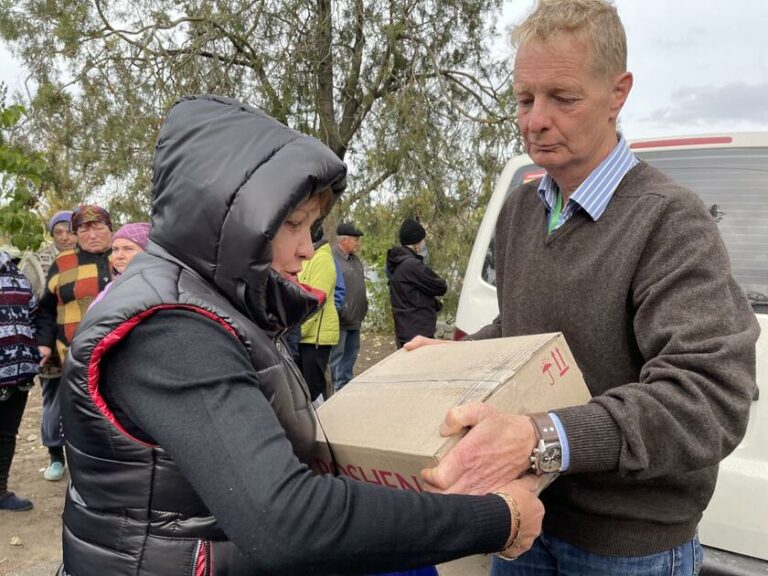
Johanniter International Assistance and its partner NEW DAWN are working together in the Kherson region to provide the necessities of life to displaced people and
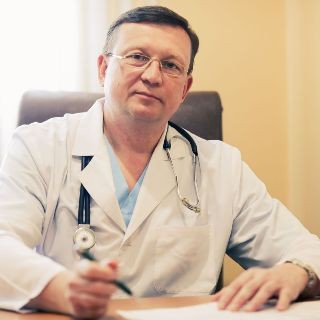
On 22nd June, Johanniter International Assistance organised a new transport of medicines to Ukraine. Six health facilities are currently being equipped with essential medicines to
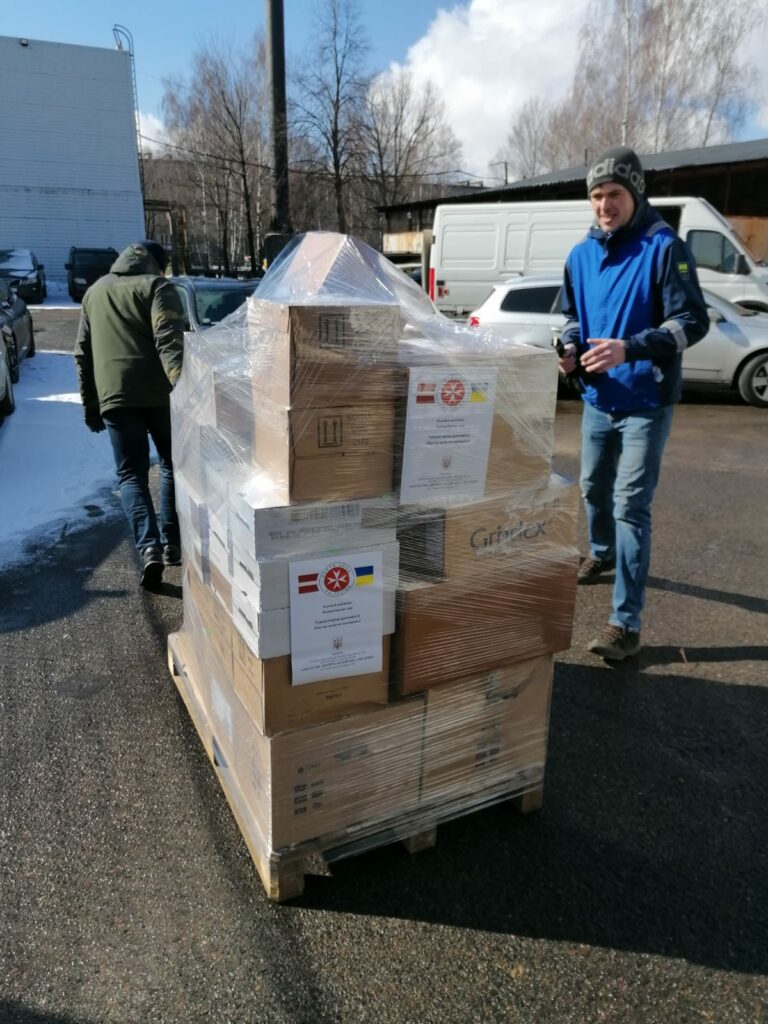
Our Latvian member Svētā Jāņa Palīdzība sent medicines and medical supplies (disposable gloves, diapers, bandaging material, etc.) to the Kharkiv Children’s Hospital. The medical supplies
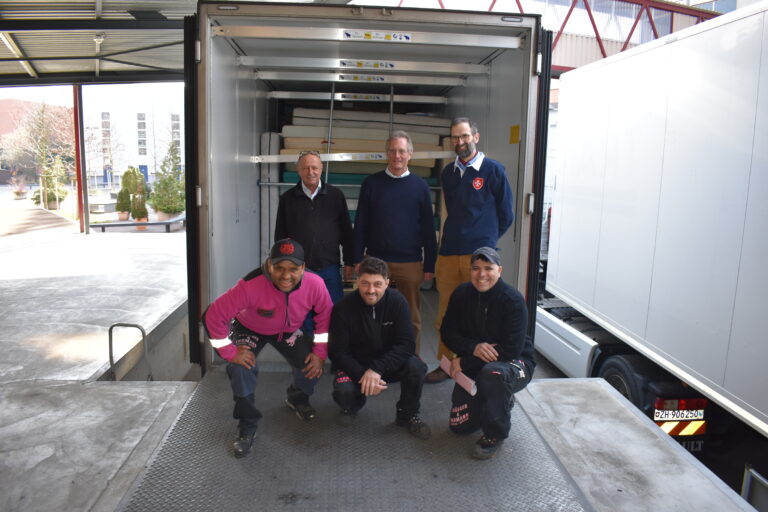
More aid is arriving in Ukraine, Hungary, Poland, and Romania today and in the coming days.
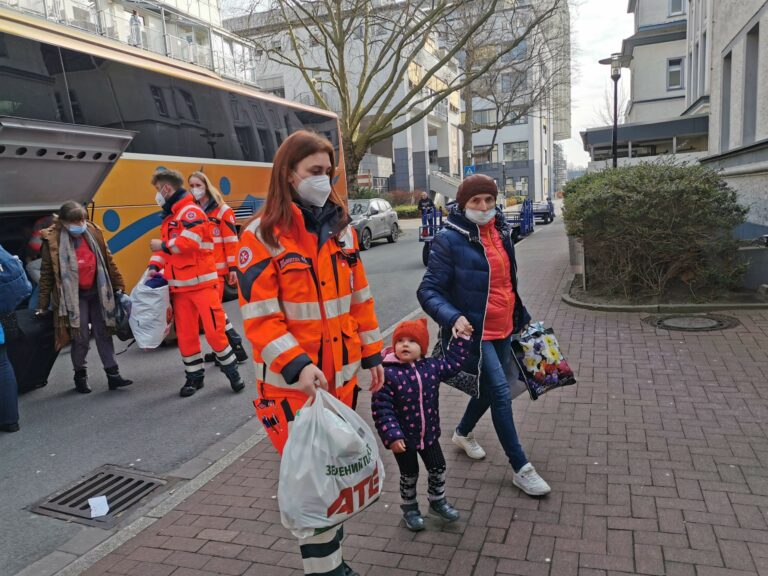
Focus of Johanniter aid shifts to the medical sector Due to the war in Ukraine, medical care for hundreds of thousands of people in the
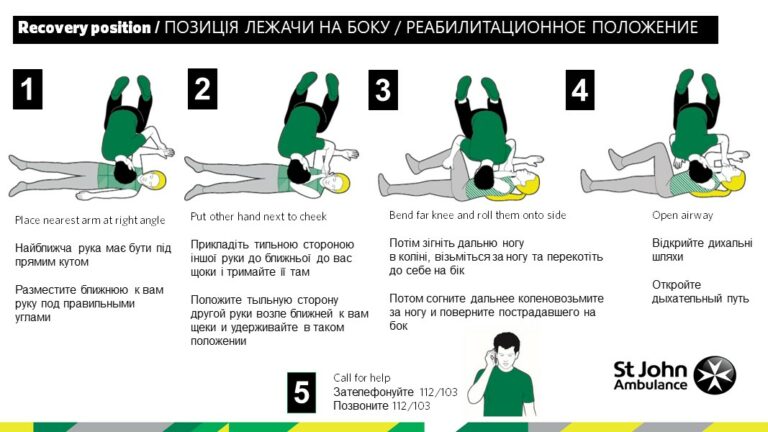
St John Ambulance is providing first aid guidance and support to people in Ukraine. Find translated resources below in Ukrainian and Russian. First Aid materials
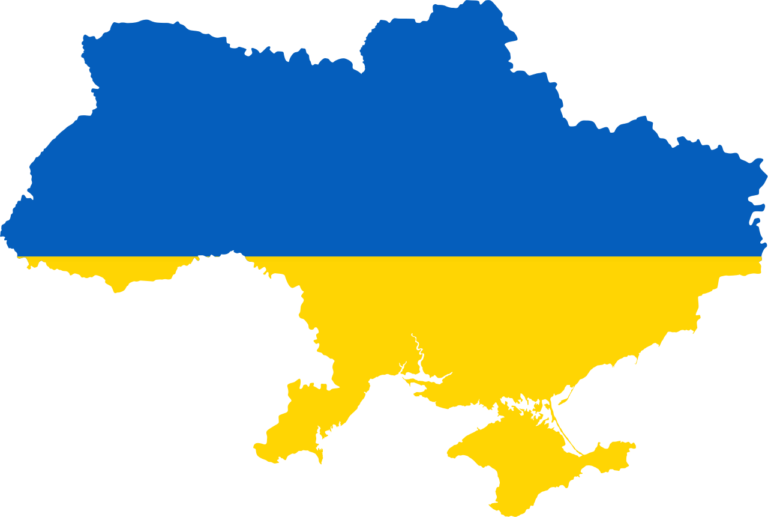
Brussels, Belgium, 28th February In view of the escalating situation in Ukraine, the JOIN network has already released important resources to provide immediate emergency relief
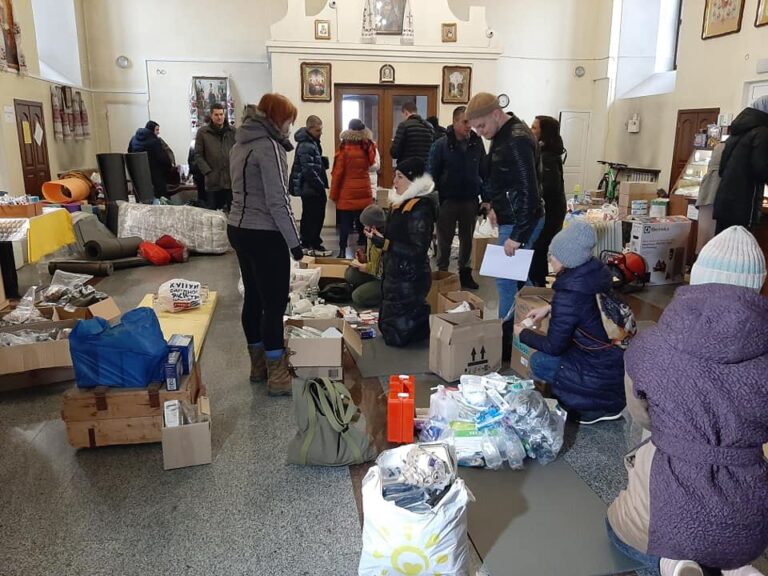
Berlin, Germany, 27th February Our German member provides immediate emergency relief to Ukraine to help those affected and prepares to care for refugees as the
| Cookie | Duration | Description |
|---|---|---|
| cookielawinfo-checbox-analytics | 11 months | This cookie is set by GDPR Cookie Consent plugin. The cookie is used to store the user consent for the cookies in the category "Analytics". |
| cookielawinfo-checbox-functional | 11 months | The cookie is set by GDPR cookie consent to record the user consent for the cookies in the category "Functional". |
| cookielawinfo-checbox-others | 11 months | This cookie is set by GDPR Cookie Consent plugin. The cookie is used to store the user consent for the cookies in the category "Other. |
| cookielawinfo-checkbox-necessary | 11 months | This cookie is set by GDPR Cookie Consent plugin. The cookies is used to store the user consent for the cookies in the category "Necessary". |
| cookielawinfo-checkbox-performance | 11 months | This cookie is set by GDPR Cookie Consent plugin. The cookie is used to store the user consent for the cookies in the category "Performance". |
| viewed_cookie_policy | 11 months | The cookie is set by the GDPR Cookie Consent plugin and is used to store whether or not user has consented to the use of cookies. It does not store any personal data. |